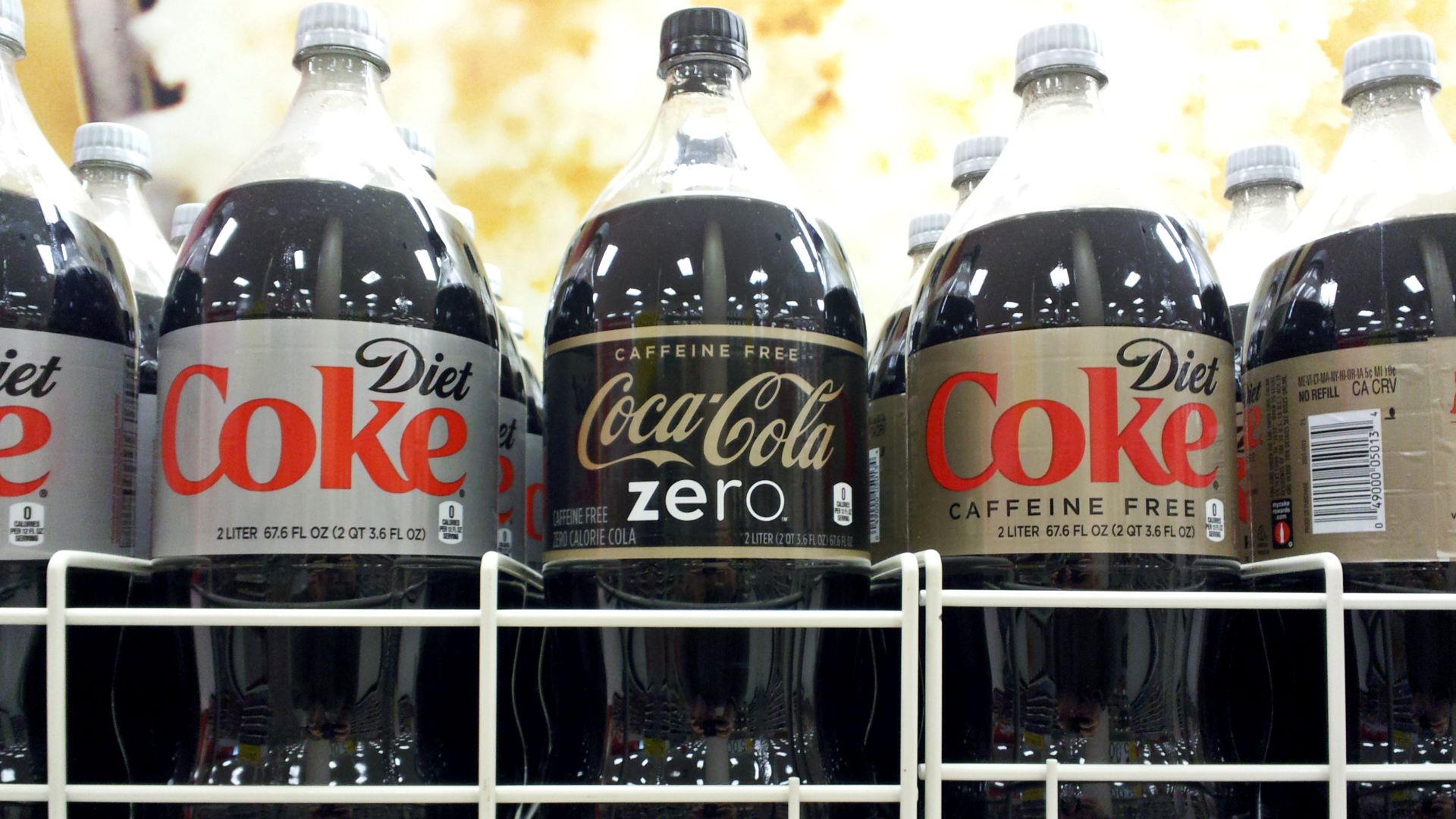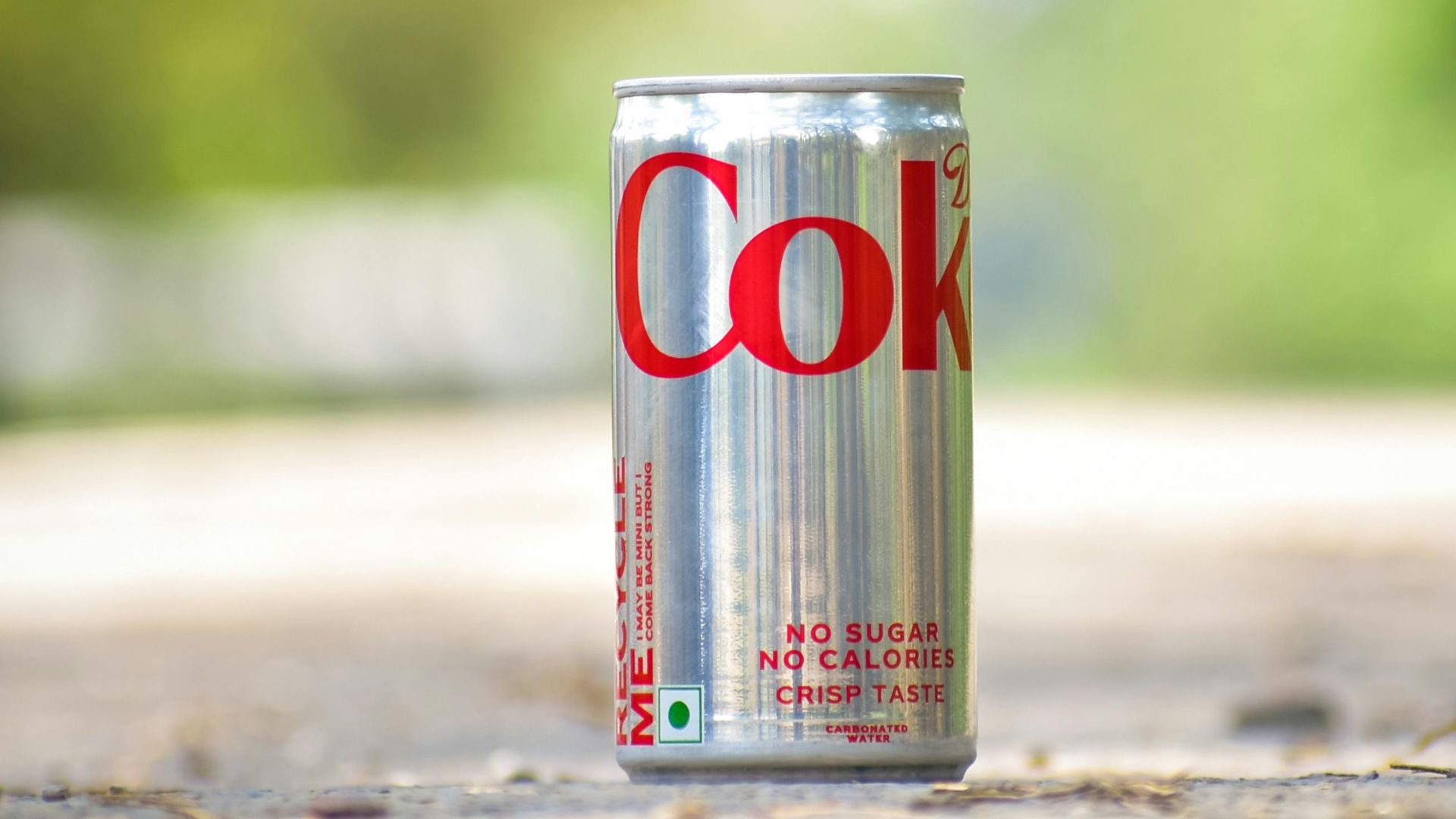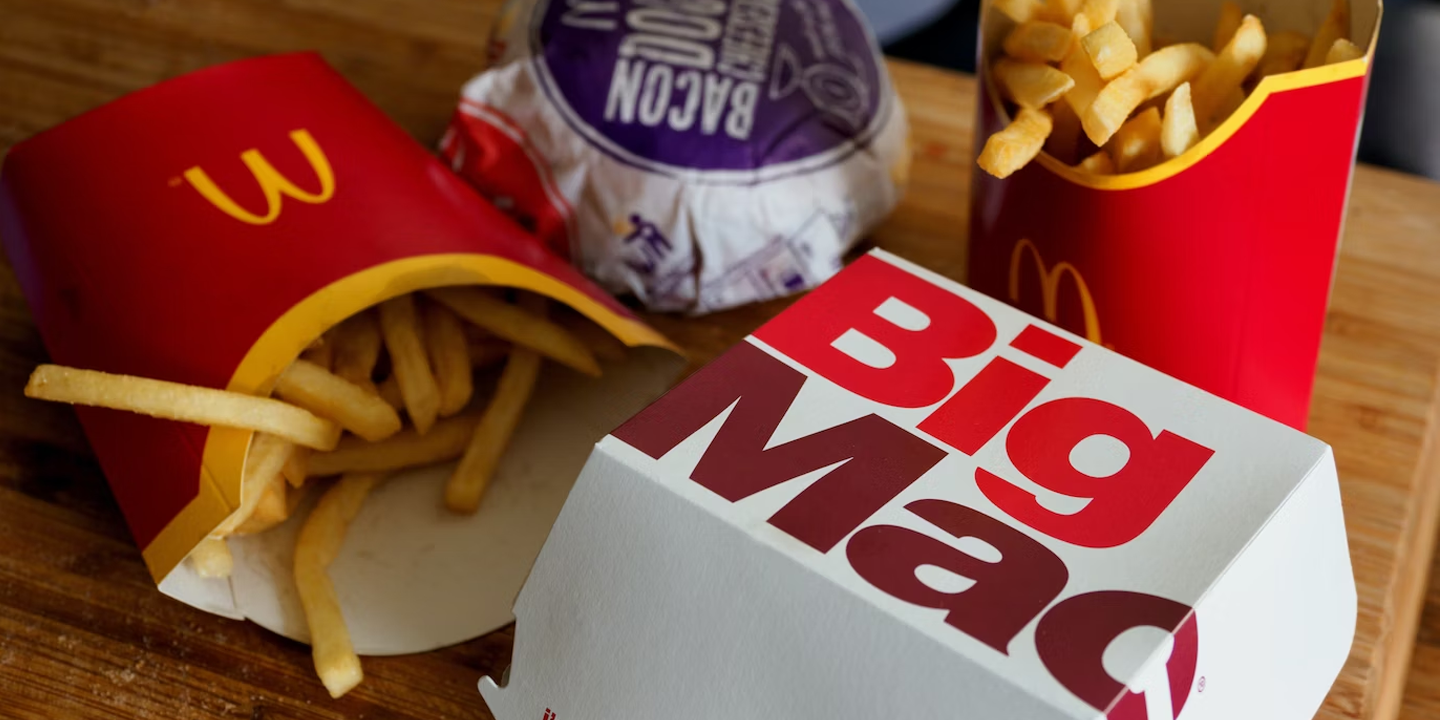It’s the kind of question that pops up at grocery store aisles: What’s the real difference between Diet Coke and Coke Zero? Both promise zero sugar, both sparkle with that familiar fizz, and both claim to offer guilt-free refreshment. Yet, the fan base seems divided.
So, let’s find out what really separates these two soda icons.
A Tale Of Two Formulas
The story begins in 1982 when Diet Coke hit American shelves as Coca-Cola’s official response to the growing diet trend. Instead of tweaking the original recipe, Coca-Cola built Diet Coke on a new flavor base, using a different blend of ingredients designed to appeal to health-conscious drinkers who still wanted that satisfying fizz.
Fast forward to 2005, and Coca-Cola introduced Coke Zero, later rebranded as Coke Zero Sugar. The goal was different this time, as the company wanted a version that tasted nearly identical to the original Coca-Cola—without the sugar. And that’s why Coke Zero was marketed to a younger, more masculine audience.
Branding, Packaging, And A Shift In Image
If you place the two cans side by side, their personalities are instantly clear. Diet Coke stands tall in its silver-and-red simplicity, sleek and minimalist, evoking nostalgia for the eighties while remaining an office and café staple. On the other hand, Coke Zero Sugar, with its deep black label and bold red logo, feels contemporary.
Plus, Coca-Cola has experimented with its designs and names over the years, especially as the sugar-free market expanded. In 2017, Coke Zero was reformulated into Coke Zero Sugar to make the name more transparent and appeal to consumers who misunderstood it as containing sugar.
That subtle choice made a big difference. People who once dismissed Coke Zero began picking it up, curious about how similar it might taste to the original.
Health And Ingredients
Nutritionally, both sodas contain zero calories and no sugar, but their ingredient lists aren’t identical. Diet Coke’s flavor base relies heavily on citric acid, giving it a tart edge, while Coke Zero uses phosphoric acid, which contributes to a smoother flavor profile reminiscent of regular Coke. Both use caffeine, caramel color, and natural flavors, but their proportions vary subtly.
Then there’s the sweetener debate. Aspartame, used in both drinks, has been controversial for years, though the FDA and WHO have declared it safe for consumption within recommended limits. Acesulfame potassium, present in Coke Zero, helps stabilize the sweetness and mask aftertastes that can occur with single-sweetener formulas. That’s why Coke Zero tastes closer to sugar despite having none.
 Ben Schumin from Montgomery Village, Maryland, USA on Wikimedia
Ben Schumin from Montgomery Village, Maryland, USA on Wikimedia
Which One Wins In The End?
Ultimately, there’s no clear winner in the Coke rivalry. Diet Coke and Coke Zero Sugar serve different moods, moments, and generations. And there are two interpretations of the same promise: to give soda lovers the freedom to enjoy flavor without sugar.
So next time you’re staring at that soda fridge, unsure which to grab, think of it as a choice between eras.
KEEP ON READING

The Most Popular Chocolate Bars in the USA

The Most Popular Candies in the USA






